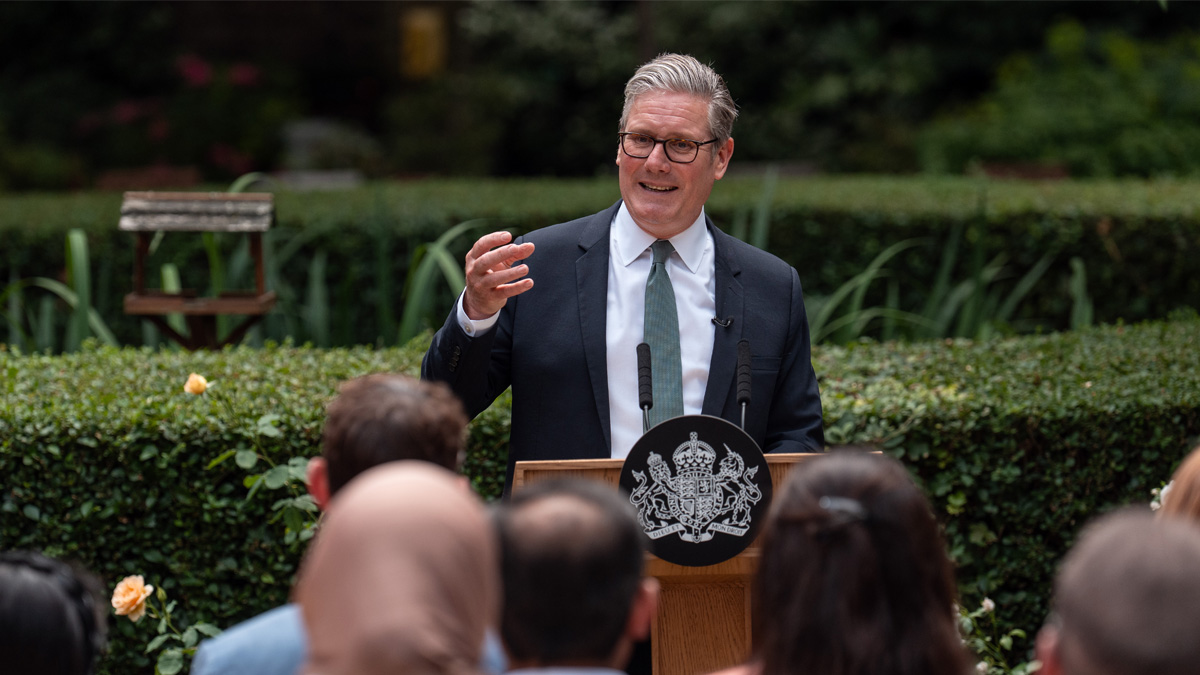 In 2020, only 5% of FTSE 100 CEOs are women. The FTSE 250 is even further behind, with just 2%, including IG’s June Felix.Last year, 23% of executive committee members in the FTSE 100 were women, and the combined number of women in executive and senior positions reached 28.6%. Further, a FTSE 100 pay gap still exists, and the highest-paying male CEO earns significantly more than the highest-paid female executive.A lot of questions come to mind. Why are we seeing these poor numbers? When will we see 50/50 representation if the current rate of change continues? And what exactly does the future of female leadership look like?To bring this narrative to life, IG has produced ‘Women CEOs in the UK’ – a guide to the female CEOs of the FTSE 100. The guide includes a useful infographic and provides insights into female representation, the gender pay gap, common barriers for women in corporate spaces, and more. You can view it here.
In 2020, only 5% of FTSE 100 CEOs are women. The FTSE 250 is even further behind, with just 2%, including IG’s June Felix.Last year, 23% of executive committee members in the FTSE 100 were women, and the combined number of women in executive and senior positions reached 28.6%. Further, a FTSE 100 pay gap still exists, and the highest-paying male CEO earns significantly more than the highest-paid female executive.A lot of questions come to mind. Why are we seeing these poor numbers? When will we see 50/50 representation if the current rate of change continues? And what exactly does the future of female leadership look like?To bring this narrative to life, IG has produced ‘Women CEOs in the UK’ – a guide to the female CEOs of the FTSE 100. The guide includes a useful infographic and provides insights into female representation, the gender pay gap, common barriers for women in corporate spaces, and more. You can view it here.What are the key takeaways?
- The number of female FTSE 100 CEOs has increased by just one since 2012 – from four to five
- At the current rate, it will take more than 80 years before women achieve equality at the CEO level
- Only 18 FTSE 100 companies have more than 33% women in leadership positions
- Female FTSE 100 CEOs earn 16.66% less on average than their male counterparts
- The highest-paid male CEO earns almost 90% more than the highest-paid female
- Emma Walmsley: GlaxoSmithKline
- Liv Garfield: Severn Trent
- Carolyn McCall: ITV
- Allison Brittain: Whitbread
- Alison Rose: Royal Bank of Scotland Group
Related and recommended

Will Orr shares his insights into Gen Z’s changing attitude to health and fitness

Both the country and the government must face the truth: either taxes will have to rise or services will need to be cut. We can’t have both

The prime minister is seeing his popularity – and his authority – fade as a series of costly U-turns make tax rises ever more likely

Eric Johnson leads an online platform focused on the value of collecting feedback, a principle he applies to his own company

